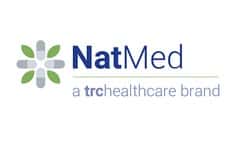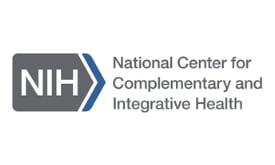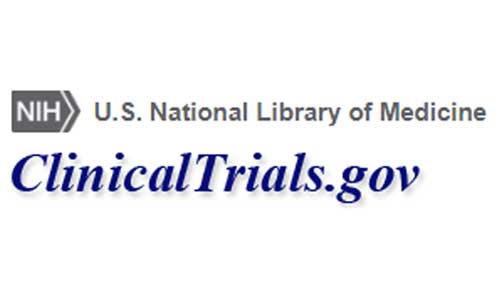Turmeric, with the active component curcumin, is both a food and a dietary supplement that may promote a better immune response and blood sugar levels, and may also help you manage some side effects of cancer.
How can turmeric and curcumin help you? What the research says
Improving treatment outcomes
Is turmeric or curcumin linked to improved survival? Is it linked to less cancer growth or metastasis? Does it enhance the anticancer action of other treatments or therapies? We present the evidence.
Optimizing your body terrain
Does turmeric or curcumin promote an environment within your body that is less supportive of cancer development, growth, or spread? We present the evidence.
See Optimizing Your Body Terrain ›
Find medical professionals who specialize in managing body terrain factors: Finding Integrative Oncologists and Other Practitioners ›
Managing side effects and promoting wellness
Is turmeric or curcumin linked to fewer or less severe side effects or symptoms? Is it linked to less toxicity from cancer treatment? Does it support your quality of life or promote general well-being? We present the evidence.
Reducing cancer risk
Is turmeric or curcumin linked to lower risks of developing cancer or of recurrence? We present the evidence.
Helpful links

Subscription required
References


